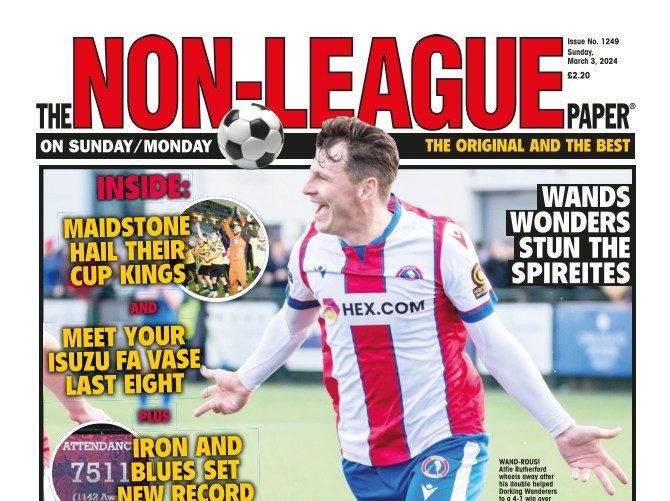Rhyl Football Club Bellevue Limited, one of the oldest non-league football clubs, closed its doors due to insufficient finances. The pandemic did not only put a stop to our social life. For many, it meant the loss of income, partial or complete. The struggle for all non-league football clubs has been tremendous, with many battling odds to stay afloat.
Why are Clubs so Bullish?
Well, contrary to what fans get to hear about on-field progress or consolidation, the reality is that only words like survival matters to the non-league boards. At times, some boards, motivated by the success in the previous season, push for higher budgets and unrealistic objectives. Now, the entire season for the club is based on their attitude and experience. There'll be a few clubs that would like to punch above their weight by allocating a higher budget, and there would be some that would take a more realistic path and would risk just enough to stay afloat.
Just imagine the status of the clubs that had put in everything for the 2021 season. They risk losing everything as the pandemic is again casting the evil eye. There's no point returning to the drawing board now as the funding, players, and managers are all set to hit the ground. What if the biggest crowd-pullers – the home matches – are abandoned because of a sudden surge in Covid-19 cases?
Cash Flow is a Perpetual Problem
The entire economy of a non-league football club is dependent on the gameday sales, including tickets, merchandise, beverages, and even pies. All this seems to have dried up over the last year because of the pandemic. However, what has remained unchanged is the cost of putting up a game, and even though the clubs could get rid of non-essential staff, but they still have to pay for the utility companies, players, coaches, etc. It was the only reason why the entire 2019-2020 season was canceled in April 2020.
Cash comes from external sources, and because of the Covid-19, this structure has turned fragile and unstable. The non-leagues are volatile assets for investors, but some are still thinking of changing the old model and injecting fresh funds to achieve their objectives. Some clubs explore other opportunities. For instance, Daventry Town came up with an idea to plan drive-in movies to raise funds. If you dig deeper, you will find many similar approaches, with clubs taking a chance with many activities.
Hope Keeps the Non-League Going
Non-league boards, players, coaches, fans, and even the support staff heavily rely on the word “Hope.” Yes, hope is the only thing that has kept the non-league clubs going. They hope that their players don't get injured. They hope that their cash-heavy rival doesn't poach rising star players or managers. They hope that the floodlights work properly during their next game. They hope that bad weather doesn't stop play. Hope is the only thing everyone associated with non-league has to cling to.
Too Much Professionalism is Killing the Game
Any change in the professional or commercial relationship implies that the managers and players rarely interact outside the ground. No one calls up the other to discuss problems or look for solutions. Thus, if a particular player catches the eyes of your rival club, chances are higher than they would go ahead with the 7-day approach, which means luring a player with a higher salary.
Players have the option of leaving a club at any point in time without even citing a valid reason. Similarly, a club can get rid of a player without serving notice. The annual contract guarantees a weekly wage, and in case another club wants a particular player, it will have to pay a transfer fee. Most of the players fix their next move before the end of the season, and only a minor gesture or approach is enough to seal the deal.
Pandemic Left Huge Scars for Both Clubs and Fans
The pandemic prevented many people from doing what they love. Even though the income losses are drastic, the impact on our mental state needs to be addressed as well. Thus, losing your favorite hobby or interest can be just as devastating.
As a result, the pandemic encouraged people to try new things, hone skills, or explore new entertainment options. For instance, if people were regular visitors to football matches, they turned to streaming online. Many online video-streaming services have the rights to broadcast live games. However, there might be various reasons behind being unable to do this. It might involve a weak internet connection, making the streams extremely slow and grainy. Additionally, some matches could only be available to people in specific regions, meaning that fans elsewhere are left out of the loop. A VPN for streaming has been a solution for many, giving users the option to protect their traffic, and access more online.
As for the pandemic, mostly all clubs, players, and fans are ready for it to be finally over. Only then can lives return to normal, and many non-league clubs can begin collecting more funds.
















